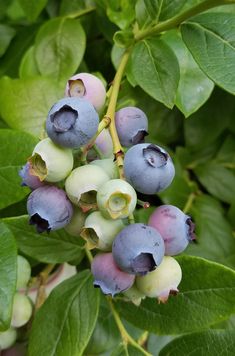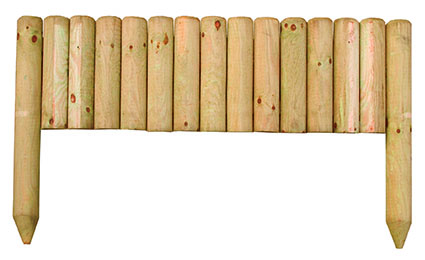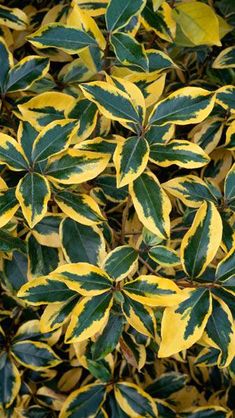Blueberry Plant Description:
Plant Type:
Blueberries are deciduous, fruit-bearing shrubs.
Leaves:
Foliage: Oval or elliptical-shaped leaves with serrated edges.
Color: The leaves are typically green in the growing season, turning shades of red or bronze in the fall.
Flowers:
Blossoms: Small, bell-shaped, white or pink flowers.
Arrangement: The flowers are arranged in clusters.
Fruit:
Berries: Blueberries are well-known for their round, plump berries with a characteristic blue-purple color when ripe.
Taste: The berries are sweet and juicy, with variations in flavor among different cultivars.
Size:
Blueberry bushes vary in size, with heights typically ranging from 2 to 8 feet (0.6 to 2.4 meters), depending on the variety.
Growth Habit:
Blueberries can have an upright or spreading growth habit, depending on the cultivar.
Hardiness:
Blueberries are hardy in different USDA zones, depending on the species and variety. Common varieties include highbush blueberries (Vaccinium corymbosum) and lowbush blueberries (Vaccinium angustifolium).
Sun Requirements:
Blueberries generally prefer full sun, although some varieties can tolerate partial shade.
Soil Conditions:
Blueberries thrive in well-draining, acidic soil with a pH between 4.0 and 5.5.
Organic matter in the soil is beneficial for their growth.
Blooming Period:
Blueberry bushes produce flowers in the spring, leading to the development of berries in late spring to early summer.
Uses:
Primarily grown for the delicious and nutritious berries.
Suitable for home gardens, orchards, and edible landscapes.
Ornamental varieties are also chosen for their attractive foliage and fall color.
Varieties:
There are numerous blueberry varieties, including highbush, lowbush, and rabbiteye types. Some popular cultivars include ‘Bluecrop,’ ‘Jersey,’ ‘Elliot,’ and ‘Tifblue.’
Health Benefits:
Blueberries are rich in antioxidants, vitamins, and fiber, making them a healthy addition to the diet.
Maintenance:
Pruning is essential for maintaining plant health, improving air circulation, and maximizing fruit production.
Mulching helps retain soil moisture and suppress weeds.
Wildlife Attraction:
While you enjoy the berries, birds are also attracted to blueberries. Consider using bird netting to protect your harvest if needed.
Blueberries are not only delicious but also attractive additions to the landscape. Their versatility, beautiful foliage, and health benefits make them popular choices for both home gardeners and commercial growers.












Reviews
There are no reviews yet.